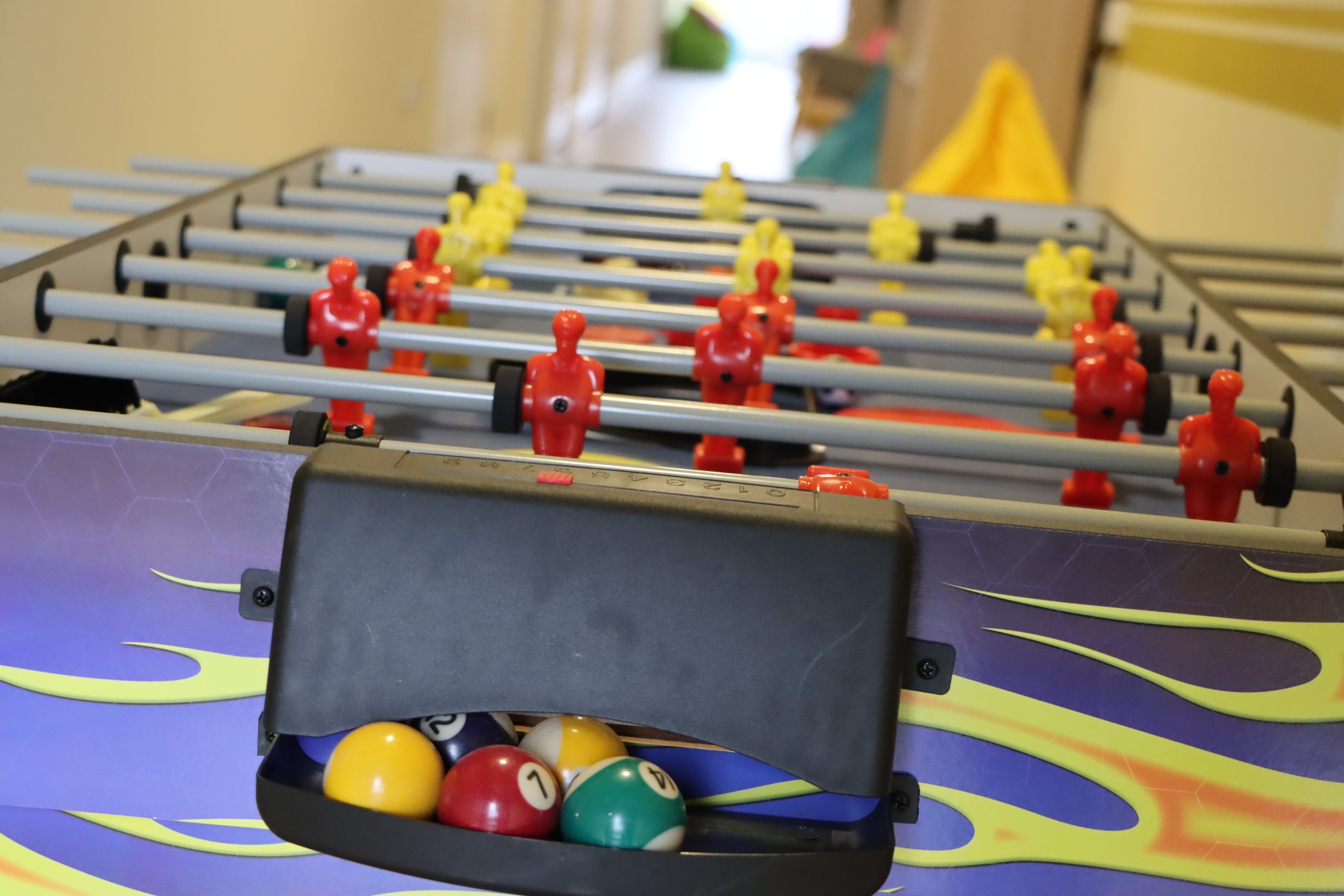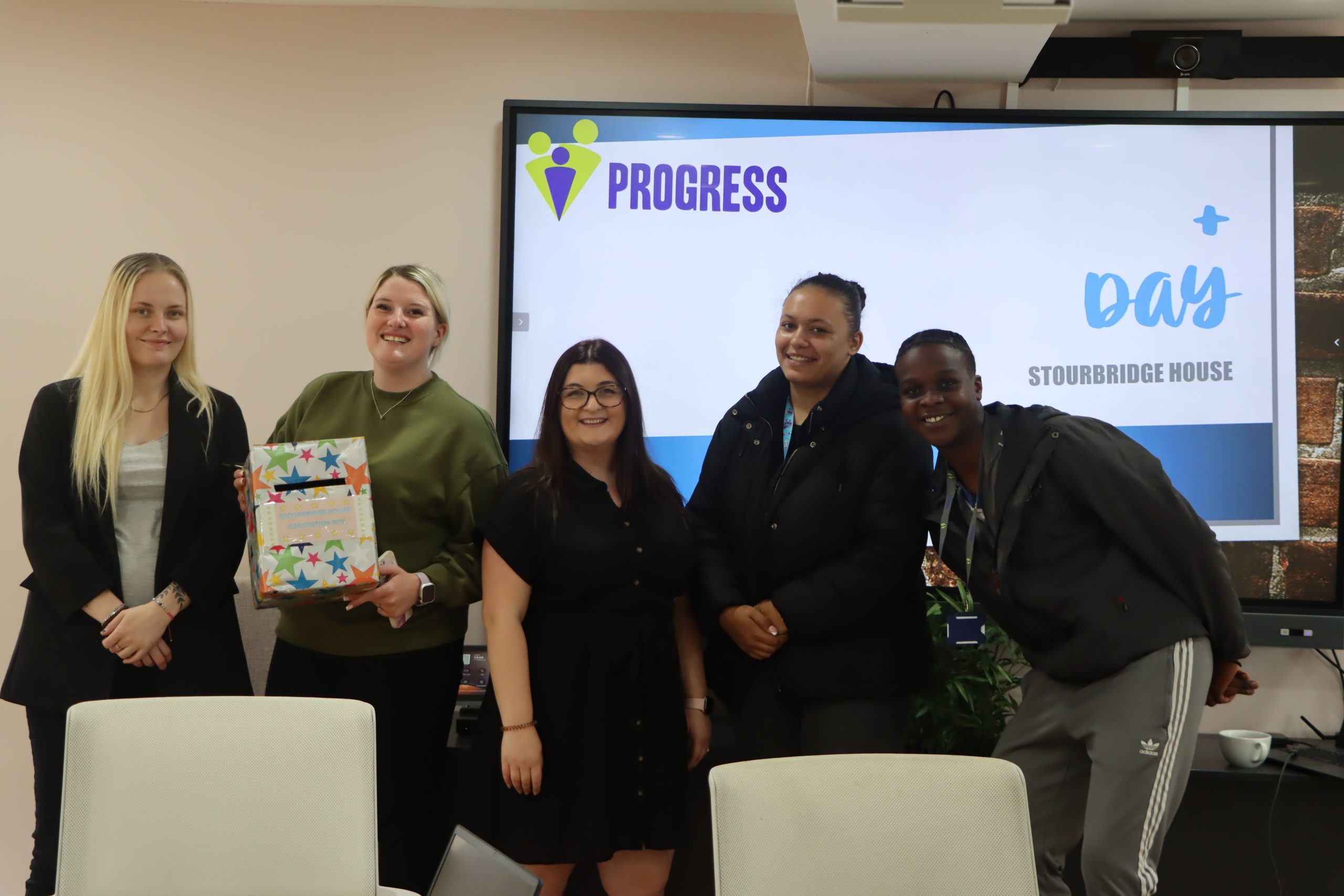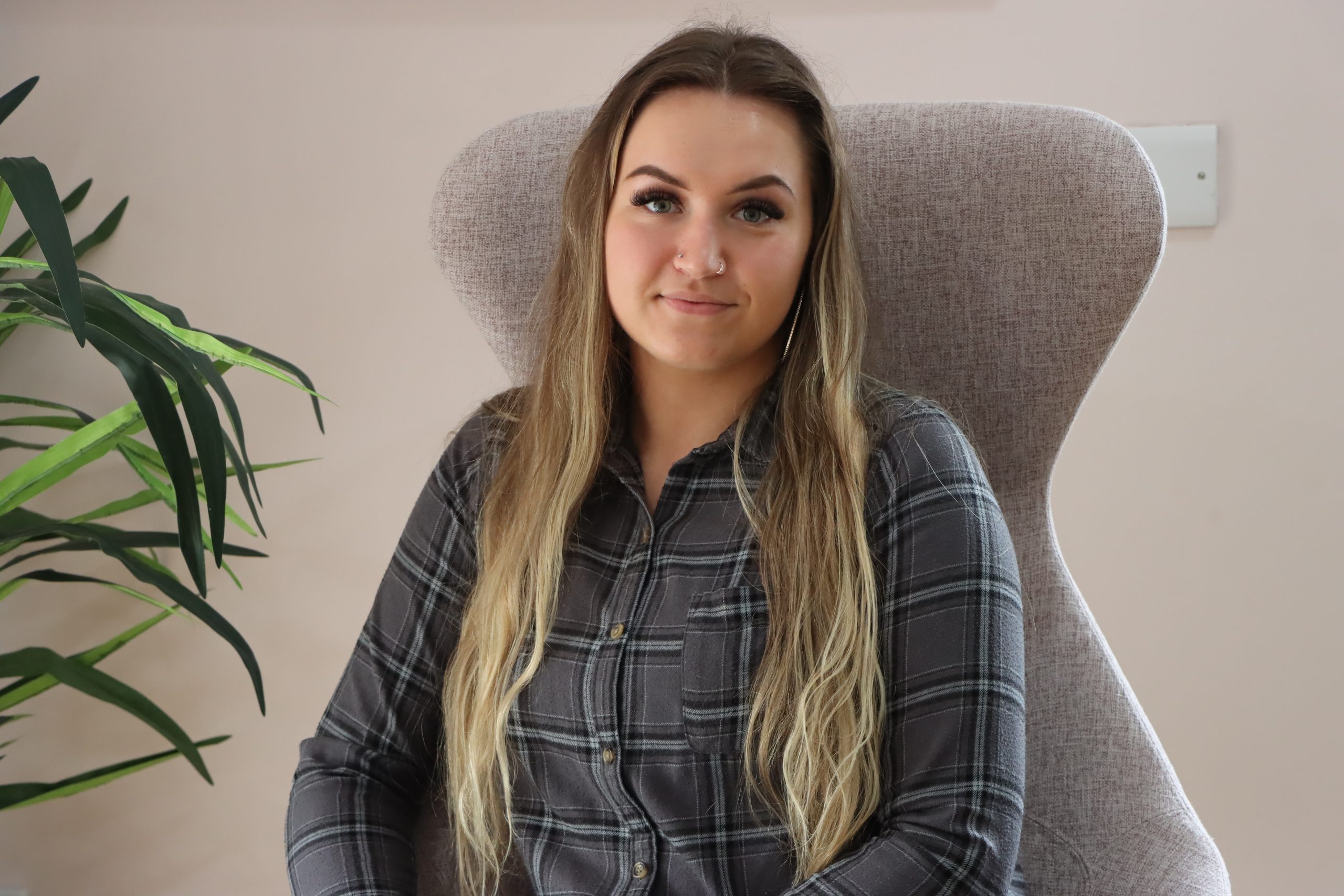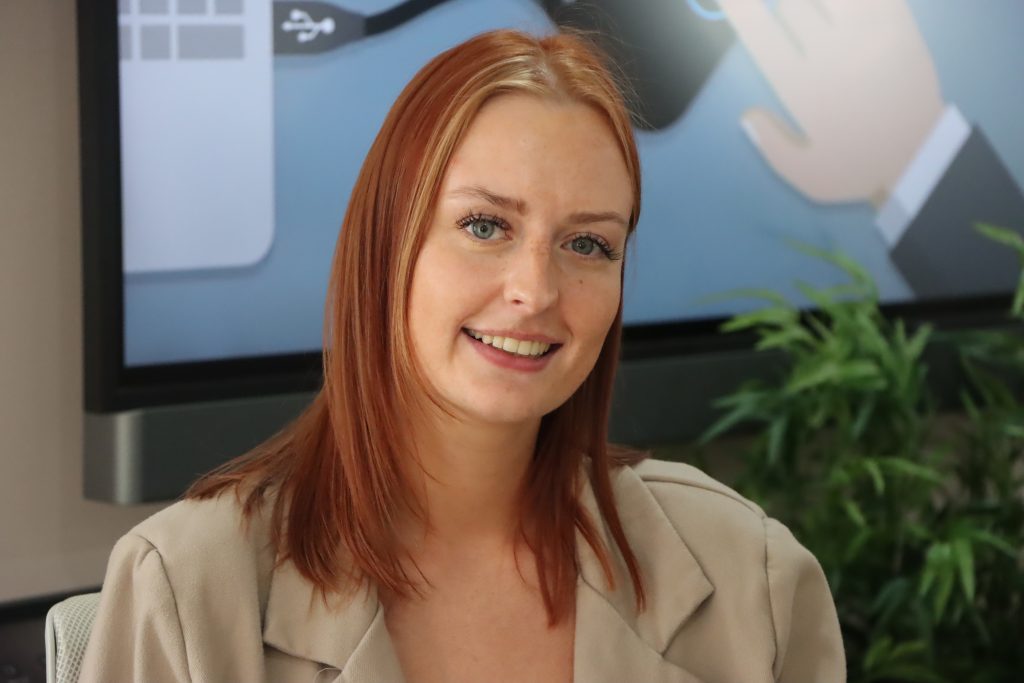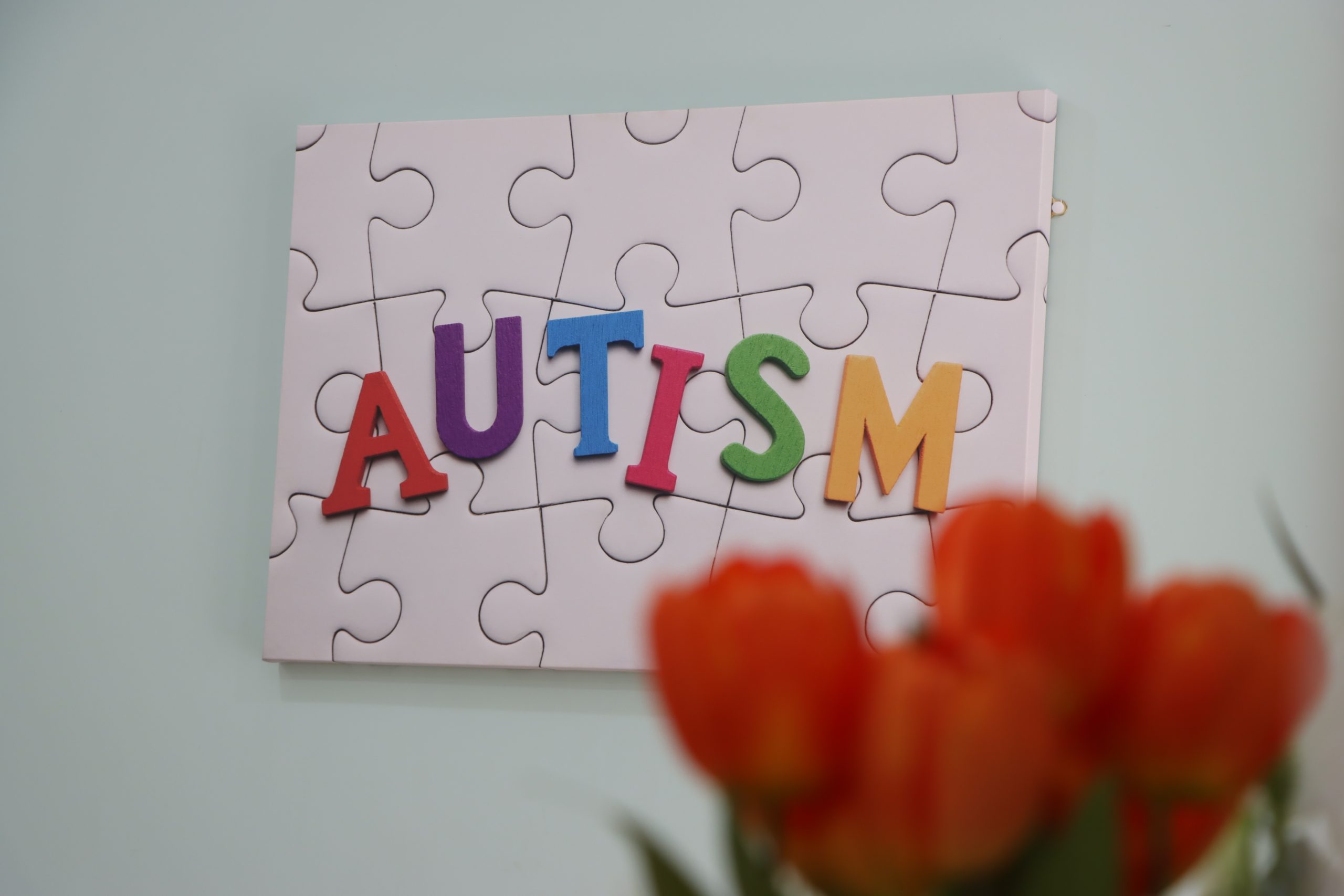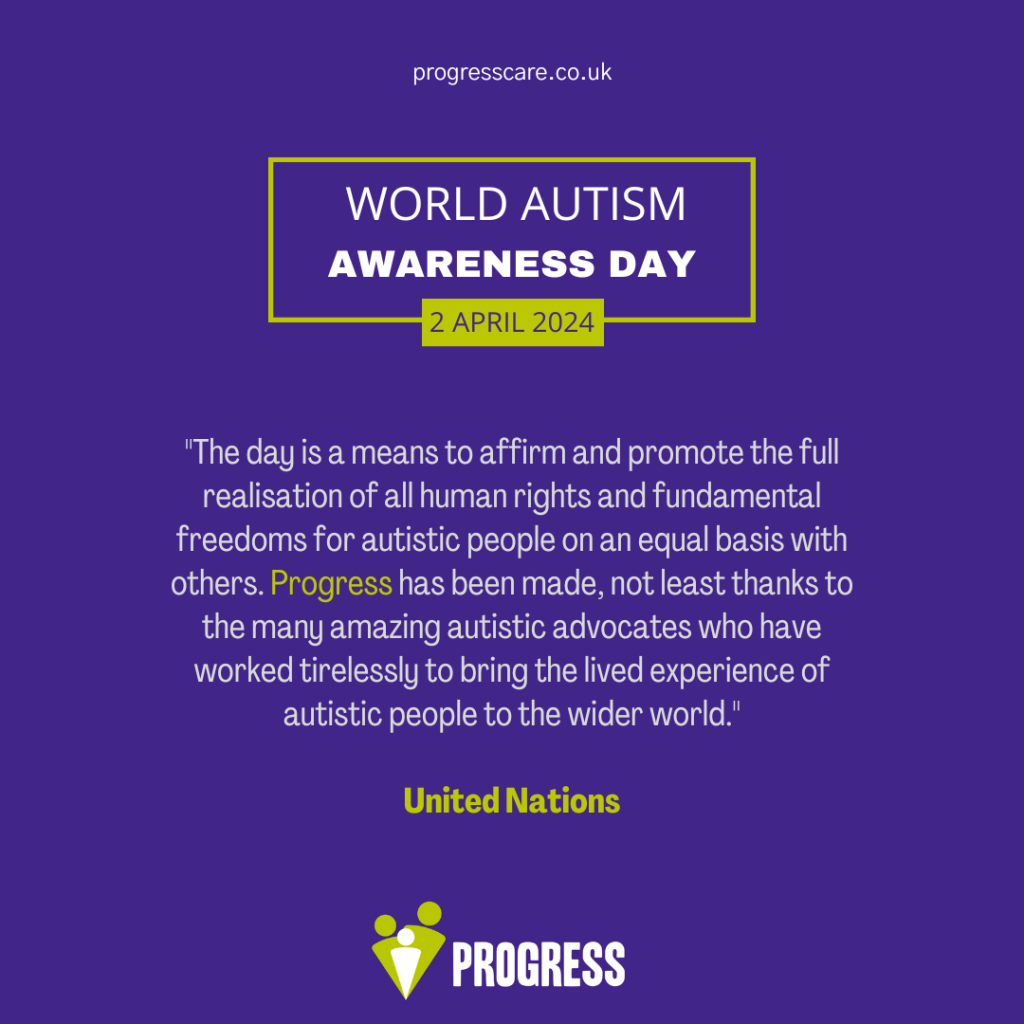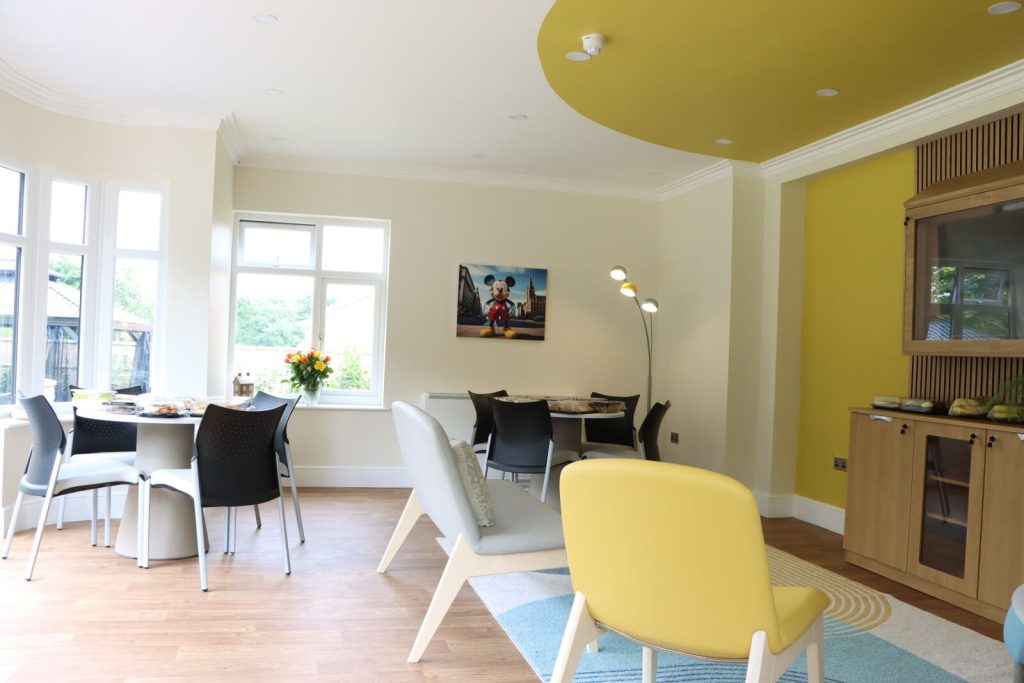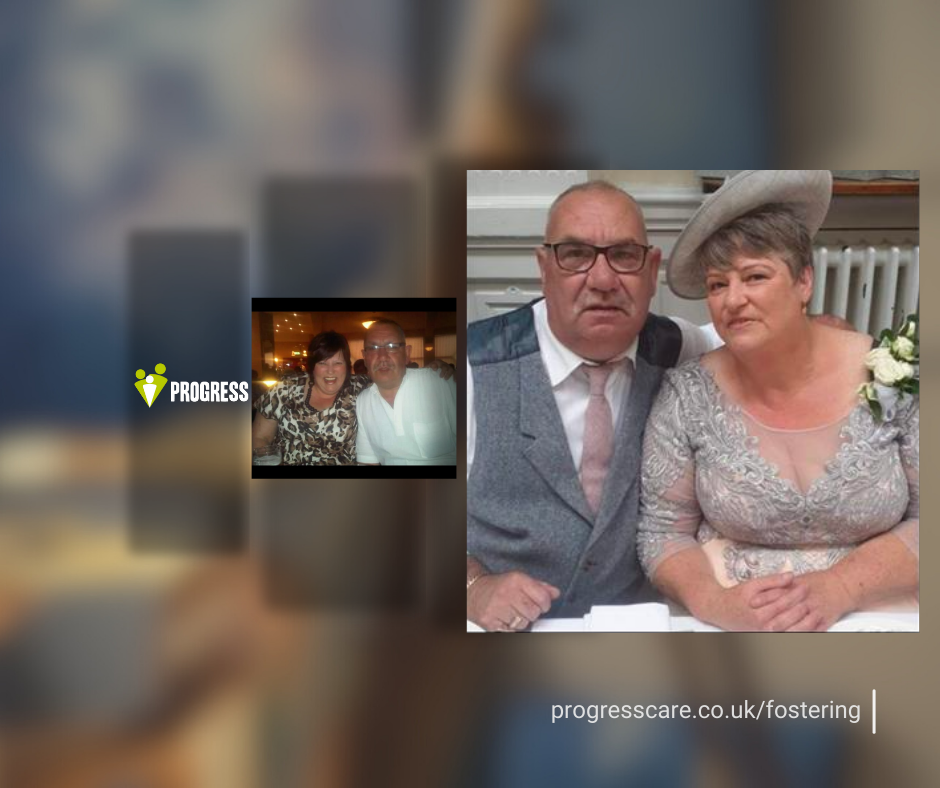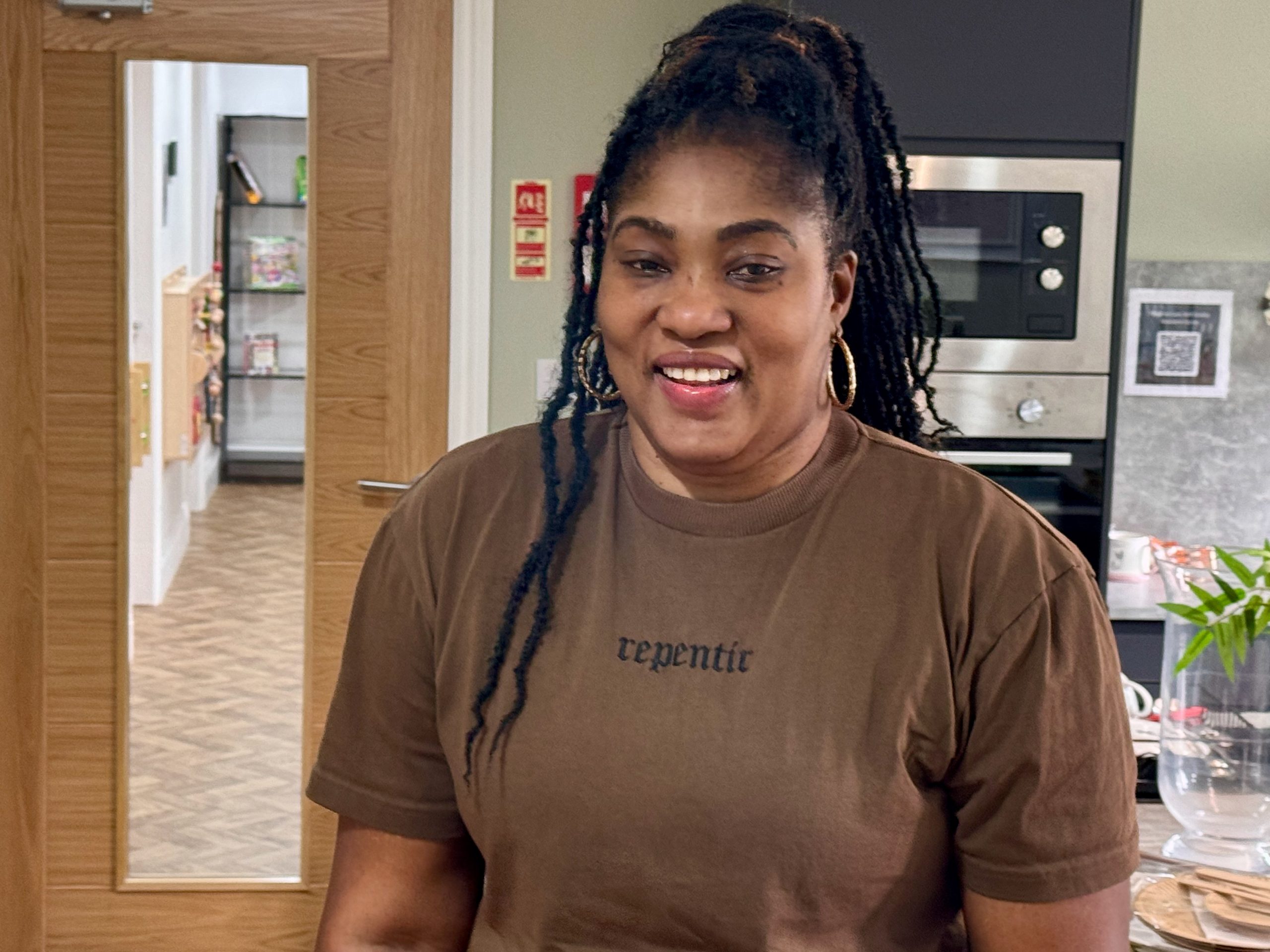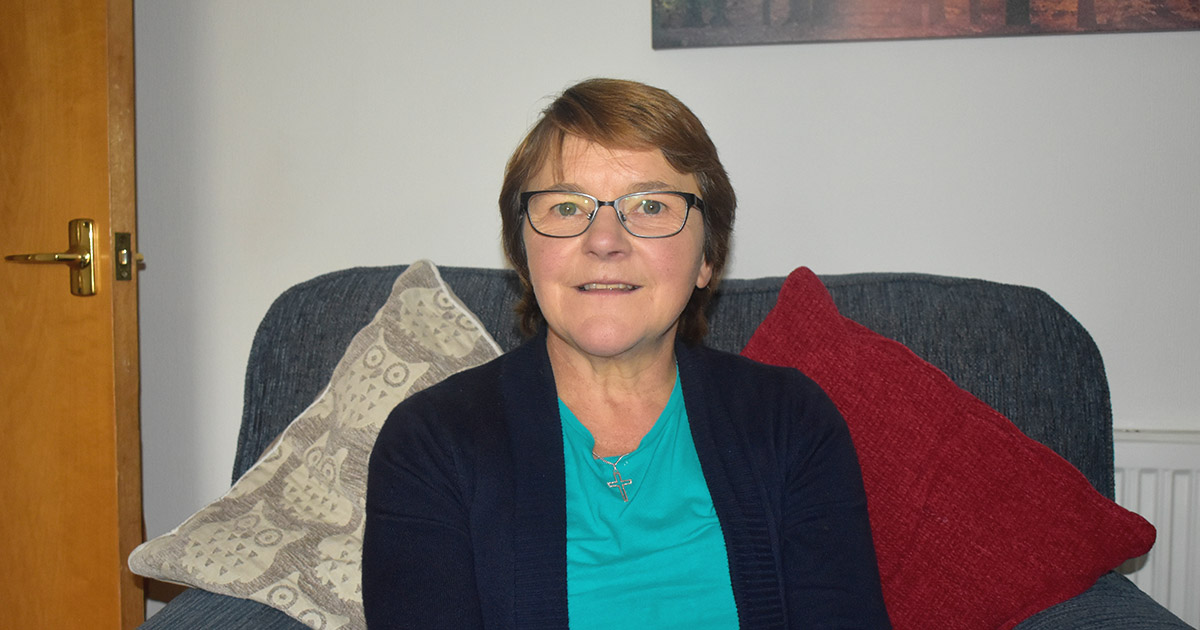Stourbridge House: A Lifeline for Families
Navigating the challenges of raising a child with complex needs can be daunting. For one mother, Progress Children’s Services’ Stourbridge House has been a transformative support system, providing respite care for her son, Ryan, and significantly enhancing their quality of life.
“I don’t know what I would have done without Stourbridge House. The support I am receiving from the team there is the main reason why I advocate for the service wherever I go,” she shares, emphasising the indispensable role Stourbridge House has played in her life. The peace of mind this service offers is unparalleled, especially given Ryan’s complex needs.
“If it weren’t for these guys… Family members don’t even have the privilege of looking after my children. It takes a lot for me to trust,” she admits. The trust she has developed with Stourbridge House is not just about them following her methods but understanding and catering to Ryan’s unique needs.
One of the most significant benefits of Stourbridge House is the freedom it provides her. “Even when we went abroad, I said to Beth (manager), if you want a video, call me, that’s fine. She was like, no offence, but when Ryan’s here, he tends to forget about you,” she recounts. This bittersweet realisation is a testament to the level of care and engagement Ryan receives at Stourbridge House.
“I’m only 37. I’m not gonna get any younger. I know he’s gonna have to go into residential care at some point. I really don’t want my daughter stepping in to care for him because that’s not her responsibility.”
Stourbridge House has not only provided immediate support but has also set them on a path towards long-term planning and stability. “Stourbridge House has put us on that journey. And they don’t pay me to say this. It’s just genuinely how I feel — to see the boy growing up, gets me excited.”
Ryan’s excitement and comfort with the staff at Stourbridge House are evident. “He actually remembers staff’s names, and talks about Jackie a lot. And I think it’s because Jackie plays a lot with him,” she notes, highlighting the personal connections formed. This level of familiarity and trust is crucial for both Ryan and his family.
The mother appreciates the tailored care Ryan receives, from simple pleasures to more significant activities. “When he comes back, he says to me, ‘Oh, we played on the way; we watched Harry Potter. He loves Harry Potter,'” she shares. Such experiences are vital for Ryan’s happiness and development.
One particularly touching moment was when Ryan got a haircut. This level of detailed, personal care exemplifies the dedication of the staff at Stourbridge House.
The service also goes above and beyond to make Ryan’s dreams come true. “When I said to you guys that he wanted to go to the Harry Potter studios… I looked at the finances, looked at travelling, and also said “how am I going to make this wish come true for me?” she explains. The staff’s willingness to help plan and execute such special activities underscores their commitment to Ryan’s happiness.
Looking ahead, the mother is hopeful about celebrating Ryan’s milestones with the support of Stourbridge House. “Obviously Ryan’s 18 next year, so I don’t know whether we can rent this (conference room at the head office) out and have a party here for him with his friends. And obviously you guys have got to be there,” she muses. This milestone is not just a family celebration but one shared with the professionals who have become an integral part of their lives.
The support from Stourbridge House is not just a service; it’s a lifeline that allows this mother to focus on being a parent and ensures Ryan is cared for with the utmost respect and love. “That’s my thing, you know, when people do help my children to flourish, milestones, they have to be celebrated, and not only by family but all the professionals that are involved.”
For this family, Stourbridge House has provided more than respite care; it has offered hope, stability, and a brighter future.





